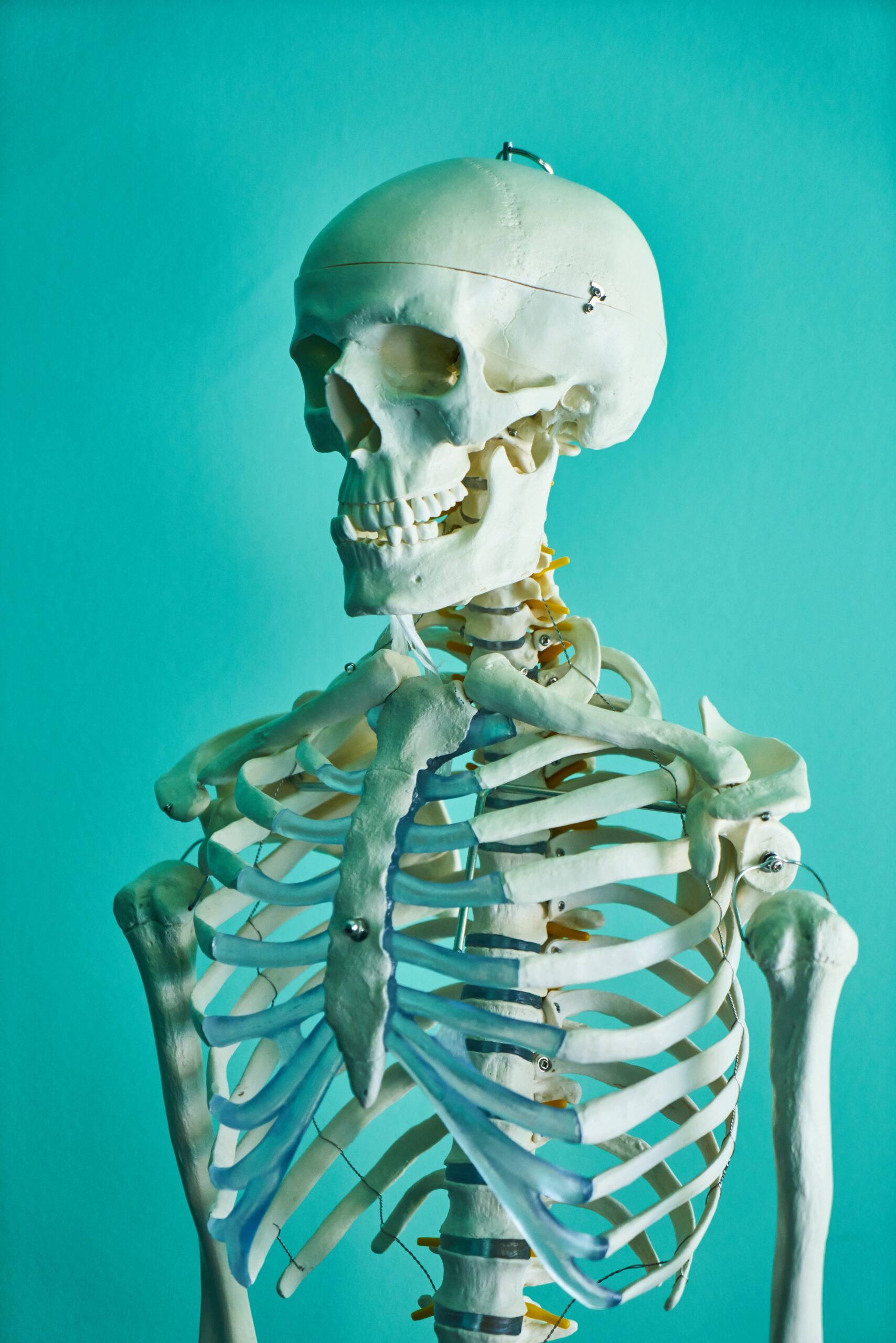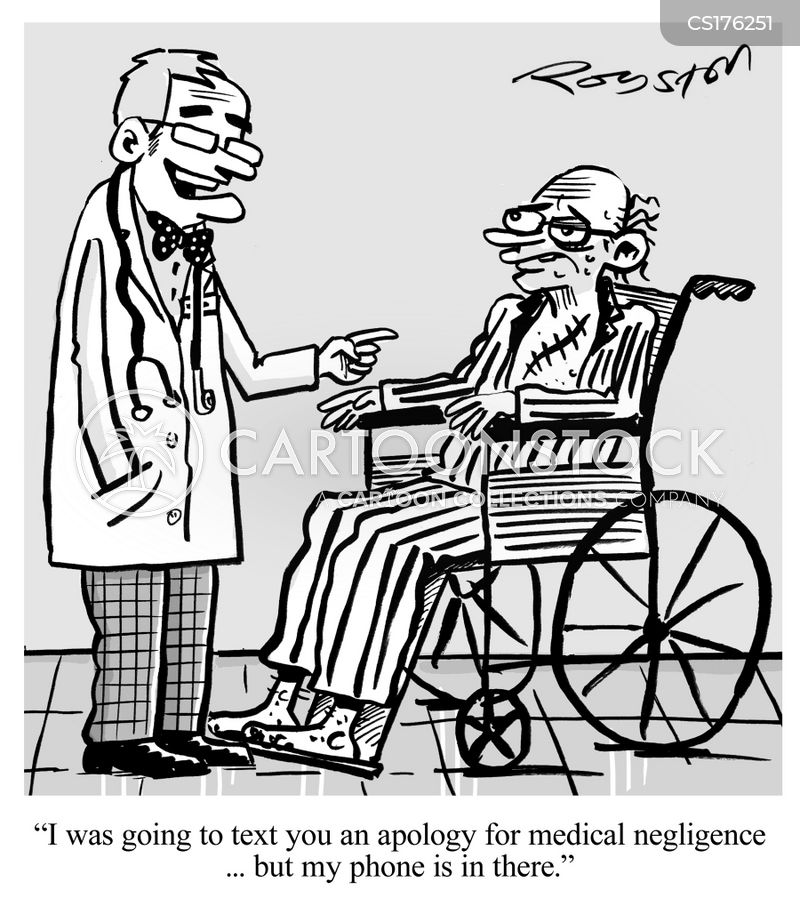“Health care is not a privilege. It is a right. It is a right as fundamental as Civil Right. It’s a Right as fundamental as giving every child a chance to get a public education.” – Rod Blagojevich
By Alina Ali
The author is a first-year law student at Manipal University, Jaipur.
What is health according to you? Is it restricted only to the physical well-being? Or is it only about external appearance?
Health, according to the experts, is the state of being free from illness or injury. A person, who is free from the aforementioned 2 things, is said to be a Healthy person. According to the World Health Organization, it is “a state of complete physical, mental, and social well-being and not merely the absence of disease ad infirmity.”
Health care has fortunately, now being recognized as a Fundamental Right under Article 21 of the Indian Constitution. It includes within its gamut, the right to health and medical care. A doctor or a medical expert is expected to put his/her existing medical knowledge to the best use to preserve/save the life of the patient even when s/he is well versed with the fact that the patient’s life is nearing death. The doctors are expected to put their skills on test when a patient has believed him/her as their God and has entrusted their lives while trusting the doctor.
Failure of a government hospital to provide a patient timely medical treatment results in violation of the patient’s right to life. Similarly, the Court has upheld the state’s obligation to maintain health services.
What Constitutes Medical Negligence?
“In the case of medical man, negligence means failure to act by the standards of reasonably competent medical men at the time. There may be one or more perfectly proper standards, and if he conforms to one of these proper standards, then he is not negligent.”
Failure of an operation and side effects are not negligence, instead failure to perform a certain standardized act in a certain manner is. The term negligence is defined as the absence or lack of care that a reasonable person should have taken in the circumstances of the case.
Therefore, for a doctor/medical expert to be considered as medically negligent, there are 3 constituents involved: –
- Duty of care.
- Breach of duty of care.
- Injury due to the breach of duty of care.
At the time of a suspected Medical Negligence Case, the doctor/hospital/medical expert is the defendant. Therefore, if the aforementioned authorities are unable to deliver their duties in an appropriate manner, this will amount to a tortious liability, and thus, receiving adequate medical care from the doctor or the hospital is a civil right of the patient.
This is furthered to the formation of a Contract (informal) due to varied reasons like that of payment of fees from the patient, informed consent, provision of treatment, etc.
- In the famous case of Kunal Saha v. AMRI Hospital, also famously known as the Anuradha Saha case, highest compensation was awarded by the Supreme Court of India amounting to Rs. 11 crore. The judgment dated was 24-10-2013.
- In the case of State of Haryana v. Smt. Santra AIR 2000 SC 1488, the plaintiff had undergone sterilization and developed pregnancy after that giving birth to her 8th child. The claimant was awarded with the compensation due to the proved medical negligence on the part of the doctor- ahead of which, no other proofs are needed.
- Examples of Medical Negligence: –
- Negligently leaving operating instruments inside the body of the patient
- Operating/Performing surgery of a healthy organ instead of the infected/damaged one.
- Patient loosing life due to delay in the provision of the appropriate treatment on the part of the hospital authorities.
The quote by William E. Gladstone fits perfectly here – “Justice delayed is justice denied”.
LEGAL FRAMEWORK IN INDIAN CONSTITUTION AFFECTING MEDICAL PROFESSION: –
- As a Fundamental Right: – Under Article 21 and 32.
- As a Directive Principle of State Policy: – Under Article 41, 42 and 47.
- In Indian Penal Code (IPC): – Under Section 52, 80, 81, 304-A, 337, etc.
TYPES OF MEDICAL NEGLIGENCE – CRIMINAL, CIVIL, CONSUMER PROTECTION ACT
- Criminal Law and Medical Negligence: – Section 304A(10) of the IPC of 1860 states – “whoever causes the death of person by a rash or negligent act not amounting to culpable homicide shall be punished with imprisonment for a term of 2 years, or fine, or both.”
But there is an exception for the doctors as well. Under Section 80(14) of IPC, (Accident in doing a lawful act) ‘nothing is an offense that is done by accident or misfortune and without any criminal intention or knowledge in the doing of a lawful act in a lawful manner by lawful means and with proper care and caution.’
- Consumer Protection Act and Medical Negligence: – If we look back at the history, we will find incidents of debates on whether medical services are explicitly or categorically included in the definition of “services” as enshrined under Section 2(1)(o) of the Consumer Protection Act (CPA).
If a person finds his/her fundamental rights being exploited through medical negligence, they can revert to: –
- The District Forum if the value of services and compensation claimed is less than 20 lakh rupees,
- Before the State Commission, if the value of the goods or services and the compensation claimed does not exceed more than 1 crore rupees, or
- In the National Commission, if the value of the goods or services and the compensation exceeds more than 1 crore rupees.
- Civil Law and Medical Negligence: – Talking about the Civil Law, the concept is clear – Where Consumer Protection Act ends, tort law begins. If the services provided by the doctors do not fall within the definition of “services” as enshrined under the Consumer Protection Act, the patient can take recourse to Tort Law under Negligence and demand compensation.
Certain conditions are required to be fulfilled before liability can be declared on the doctor/hospital: –
- The person who is accused must have committed an act of omission or commission;
- This act must have been in breach of the person’s duty, and this must have caused harm to the injured person.
- The complainant must prove the allegation against the doctor by citing the best evidence available in medical science and by presenting an expert opinion.
CONCLUSION: –
For us, as human beings, it is our “health” that is our “wealth” and other things follows. Medical Negligence has been a raging issue since decades now and with advancing technology, should be minimized, simultaneously.



